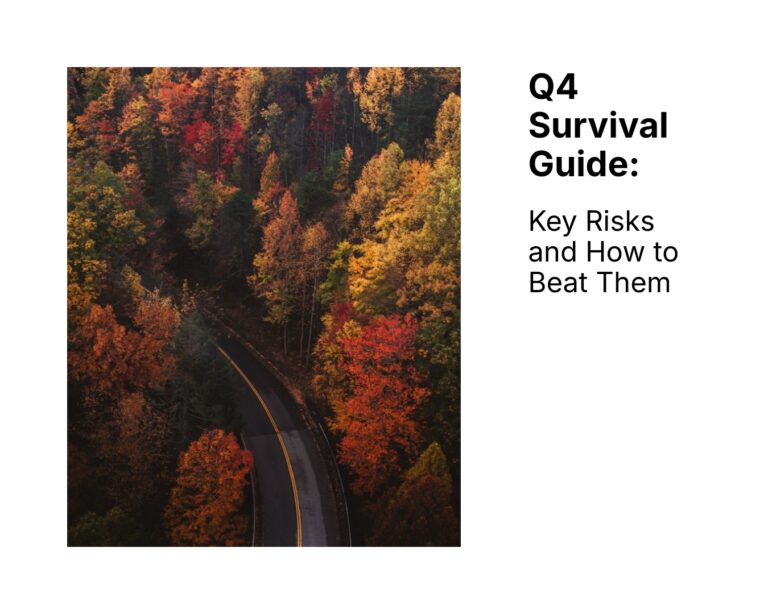Heartbreak in the Boardroom: Overcoming Financial Disappointments and the Role of Fractional CFOs in SME Success
We all know that for SMEs, the path to success is often paved with financial challenges and disappointments. From unexpected market downturns to cash flow crises, financial setbacks can be emotionally devastating for CEOs as well as their Chief Financial Officers. However, with the right financial leadership, SMEs can not only overcome these obstacles but also position themselves for growth and scalability. This is where a CFO becomes an indispensable asset, promoting resilience.
The Financial Rollercoaster of SMEs
SMEs frequently experience a range of financial disappointments, including cash flow crunches, missed growth opportunities, unexpected expenses and revenue shortfalls.
These challenges can be demoralising for business owners and managers who have invested their time, money, and passion into their ventures. However, they need not spell doom.
Enter the CFO
A skilled Fractional CFO brings financial expertise and strategic thinking to the table, helping SMEs navigate through turbulent times and building a resilient strategy for growth. Here’s how a CFO can make a difference:
Strategic Financial Planning
Fractional CFOs develop comprehensive financial strategies aligned with the company’s goals. By creating detailed financial models and forecasts, they help businesses anticipate challenges and plan for any scenario.
Cash Flow Management
One of the most critical roles of a CFO is ensuring healthy cash flow. They implement robust systems for tracking cash inflows and outflows, negotiate better terms with suppliers and customers, and identify areas where cash can be conserved or generated.
Risk Management
CFOs are adept at identifying and mitigating financial risks. Whether it’s through hedging strategies, insurance, or diversification of revenue streams, they help protect the business from potential economic shocks.
Funding and Capital Allocation
For SMEs looking to grow, access to capital is crucial. CFOs drive the process of securing funding. They also ensure that capital is allocated efficiently to maximise return on investment.
Performance Measurement and Analysis
By implementing key performance indicators (KPIs) and regular financial reviews, CFOs provide clarity on the company’s financial health. This allows for data-driven decision-making and quick remedial action when needed.
Compliance and Reporting
As businesses grow, financial reporting and regulatory compliance become increasingly complex. CFOs ensure that the company stays compliant with all relevant laws and regulations, reducing legal and financial risks.
From Survival to Scaling: The CFO’s Impact
While a Chief Financial Officer is invaluable in helping SMEs weather financial storms, their role extends beyond crisis management. They are instrumental in positioning the company for sustainable growth and scalability by:
- Streamlining operations
- Enabling technology integration
- Fostering strategic partnerships
- Developing investor relations
The CFO is at the Heart of Financial Success
Financial disappointments are inevitable in an SME’s journey. As shown above, with a skilled CFO, these setbacks can be addressed and then averted.
Lastly, for SMEs serious about overcoming financial challenges and positioning themselves for scalable growth, investing in top-tier financial leadership is not just advisable—it’s essential.
This article was originally published on LinkedIn on 16th October, 2024










